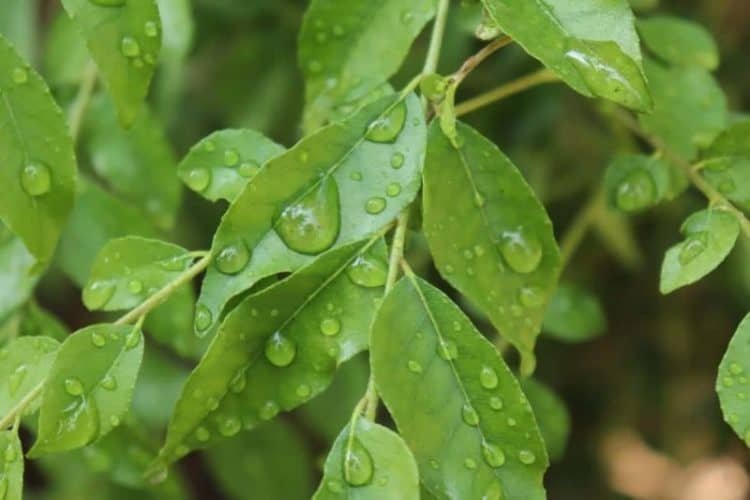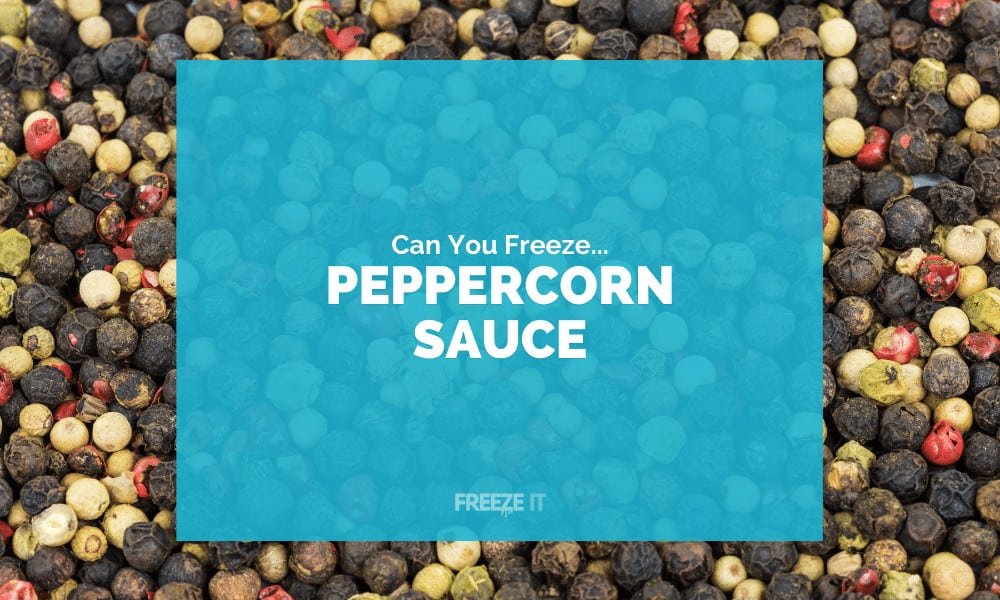Step into the aromatic world of our ‘Spices’ category, where we explore the zesty potential of preserving these culinary essentials.
Are you thinking about freezing that big bunch of fresh herbs or curious about the best way to maintain the potency of your spice blends?
Our guides are packed with advice on keeping your spices vibrant and flavorful, proving that even the smallest pinch can continue to pack a punch after freezing.
All Spices Freezing Guides
Frequently Asked Questions
Frozen grapes can be a refreshing snack, but upon defrosting, they turn into soggy lumps. It's best to freeze grapes only if you plan to use them in cooking, as they won't retain their fresh texture when eaten raw after thawing.
Yes, freezing whole spices can help preserve them, but ensure they are in airtight containers to prevent air and moisture from compromising their quality. Avoid refrigerating spices as it's not recommended.
Certain fresh herbs and spices, such as ginger, garlic, and various leafy herbs, can be frozen effectively. It's important to clean and dry them thoroughly before freezing for optimal use later on.
- Maintain a consistent temperature around 70℉.
- Store spices away from direct sunlight and heat sources.
- Use tightly sealed, non-porous containers for storage, such as glass or ceramic jars, or metal tins.
Freezing can affect the flavor intensity of spices. Some, like pepper, cloves, and certain herbs, may become stronger and more bitter, while others like onion and paprika may change in flavor.
Freezing seasonings can lead to condensation issues, which introduce moisture when thawing. This can negatively affect the quality and longevity of the spices.




























